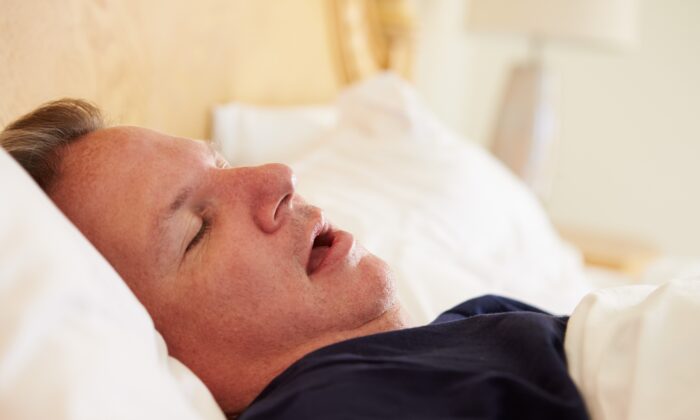According to the study, people with moderate sleep apnea experience 15 to 30 breathing interruptions every hour, while those with 30 or more are considered to have a severe condition. The participants in both trials received either the maximum tolerated dose of tirzepatide (10 or 15 milligrams) or a placebo over 52 weeks. They adhered to a 500-calorie deficit daily and got in at least 150 minutes of physical activity each week.
In the first trial, the tirzepatide group saw a mean reduction of about 25 events per hour compared to five events per hour in the placebo group. In the second trial, people who took tirzepatide had an average of about 29 fewer events, or a 58.7 percent reduction in breathing interruptions, versus an average 3 percent reduction in the placebo group.

Study participants reported better sleep quality and fewer disturbances. In addition, participants in the first trial saw an 18 percent reduction in body weight, while those in the second trial saw an average 20 percent reduction. “The main way tirzepatide reduces sleep apnea severity is by removing fat from around the upper airway and abdomen, making the airway less collapsible during sleep,” co-author and sleep-medicine physician Dr.
Ronald Grunstein told The Epoch Times. Dr. Malhotra said tirzepatide should be combined with continuous positive airway pressure (CPAP) therapy for optimal improvements.
CPAP machines use mild air pressure to keep the airways open during sleep. People in the second trial,.























